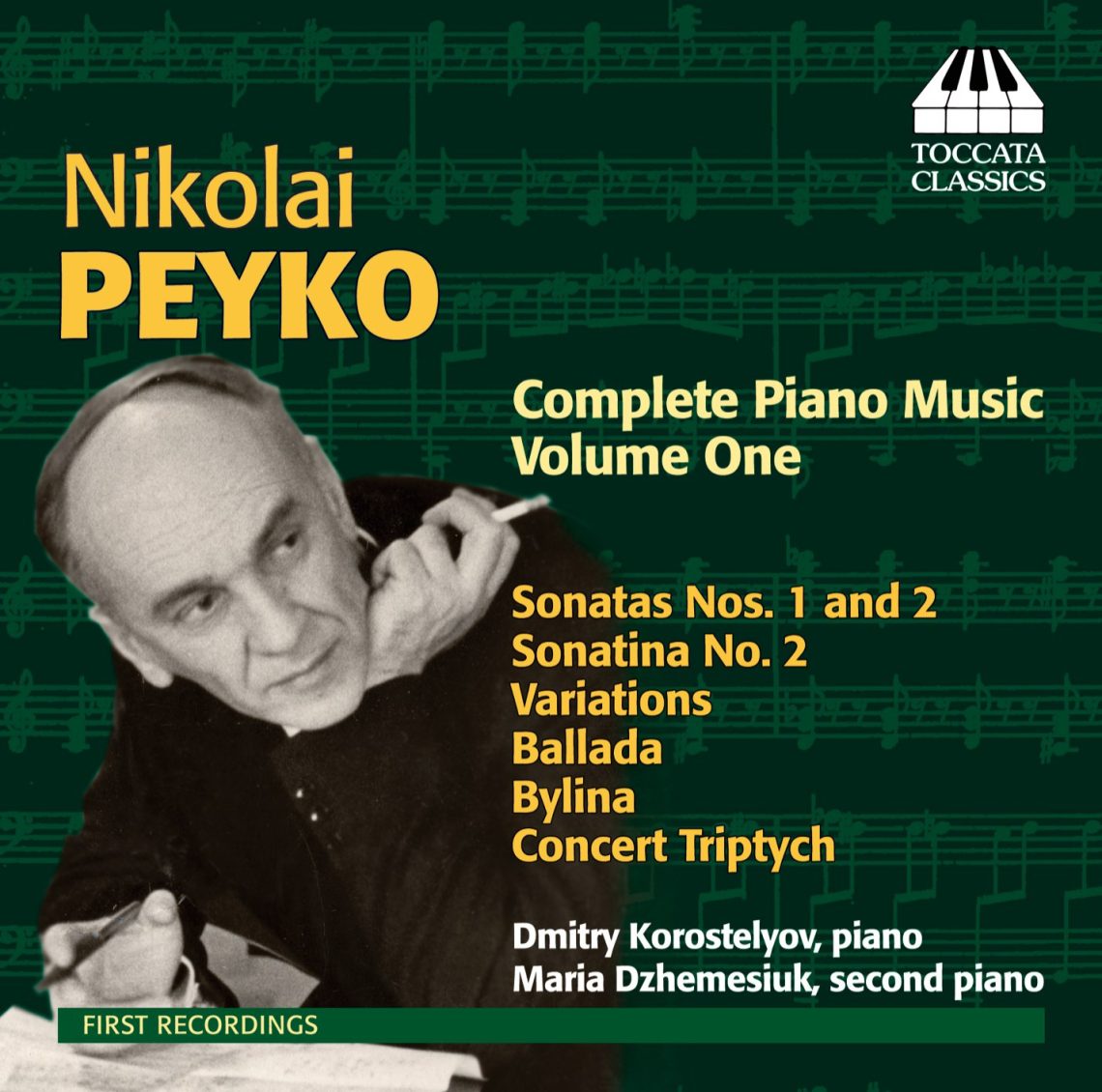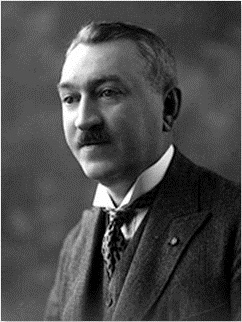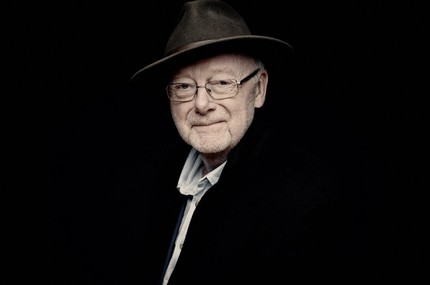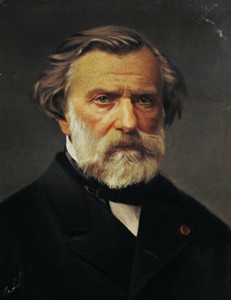
Nikolai Peyko |
Contents
Nikolai Peyko
I admire his talent as a teacher and composer, I consider him a man of high intelligence and spiritual purity. S. Gubaidulina
Each new work by N. Peiko arouses the genuine interest of the listeners, becomes an event in musical life as a bright and original phenomenon of the national artistic culture. Meeting with the composer’s music is an opportunity for spiritual communication with our contemporary, deeply and seriously analyzing the moral problems of the surrounding world. The composer works hard and intensively, boldly mastering a wide range of various musical genres. He created 8 symphonies, a large number of works for orchestra, 3 ballets, opera, cantatas, oratorios, chamber-instrumental and vocal works, music for theatrical performances, films, radio broadcasts.
Peiko was born into an intelligent family. In childhood and youth, his musical studies were of an amateur nature. A chance meeting with G. Litinsky, who highly appreciated the talent of the young man, changed Peiko’s fate: he became a student of the composition department of the musical college, and in 1937 he was admitted to the third year of the Moscow Conservatory, from which he graduated in the class of N. Myaskovsky. Already in the 40s. Peiko declared himself both as a composer of bright and original talent, and as a public figure, and as a conductor. The most significant works of the 40-50s. testify to growing skill; in the choice of topics, plots, ideas, the liveliness of the intellect, vital observation, universality of interests, breadth of outlook and high culture are increasingly manifested.
Peiko is a born symphonist. Already in the early symphonic work, the features of his style are determined, which is distinguished by a combination of internal tension of thought with its restrained expression. A striking feature of Peiko’s work is the appeal to the national traditions of the peoples of the world. The diversity of ethnographic interests was reflected in the creation of the first Bashkir opera “Aikhylu” (together with M. Valeev, 1941), in the suite “From Yakut Legends”, in the “Moldavian Suite”, in Seven Pieces on the Themes of the Peoples of the USSR, etc. In these works the author was driven by the desire to reflect modernity through the prism of musical and poetic ideas of peoples of different nationalities.
60-70s It’s time for creative flourishing and maturity. The ballet Joan of Arc brought fame abroad, the creation of which was preceded by painstaking work on primary sources – folk and professional music of medieval France. During this period, the patriotic theme of his work was formed and sounded powerfully, associated with an appeal to the monuments of history and culture of the Russian people, their heroic deeds in the past war. Among these works are the oratorio “The Night of Tsar Ivan” (based on the story by A. K. Tolstoy “The Silver Prince”), the symphonic cycle “In the Strade of War”. In the 80s. in line with this direction, the following were created: the oratorio “Days of old battles” based on the monument of ancient Russian literature “Zadonshchina”, the chamber cantata “Pinezhie” based on the works of F. Abramov.
All these years, orchestral music continues to occupy a leading place in the composer’s work. His Fourth and Fifth symphonies, the Symphony Concerto, which develop the best traditions of Russian epic symphony, received the greatest public outcry. The diversity of vocal genres and forms embraced by Peiko is striking. The works for voice and piano (over 70) embody the desire for an ethical and philosophical understanding of the poetic texts of A. Blok, S. Yesenin, medieval Chinese and modern American poets. The greatest public outcry was received by works based on the verses of Soviet poets – A. Surkov, N. Zabolotsky, D. Kedrin, V. Nabokov.
Peiko enjoys unquestioned authority among young composers. From his class (and he has been teaching since 1942 at the Moscow Conservatory, since 1954 at the Gnessin Institute) a whole galaxy of highly cultured musicians emerged (E. Ptichkin, E. Tumanyan, A. Zhurbin, and others).
L. Rapatskaya
Compositions:
opera Aikhylu (edited by MM Valeev, 1943, Ufa; 2nd ed., co-author, 1953, complete); ballets – Spring winds (together with 3. V. Khabibulin, based on the novel by K. Nadzhimy, 1950), Jeanne d’Arc (1957, Musical Theater named after Stanislavsky and Nemirovich-Danchenko, Moscow), Birch Grove (1964) ; for soloists, choir and orchestra – Cantata Builders of the Future (lyrics by N. A. Zabolotsky, 1952), oratorio The Night of Tsar Ivan (after A. K. Tolstoy, 1967); for orchestra – symphonies (1946; 1946-1960; 1957; 1965; 1969; 1972; concert-symphony, 1974), suites From the Yakut legends (1940; 2nd ed. 1957), From Russian antiquity (1948; 2nd ed. 1963), Moldavian suite (1950), symphonietta (1940), variations (1947), 7 pieces on the themes of the peoples of the USSR (1951), Symphonic ballad (1959), overture To the world (1961), Capriccio (for small symphonic orc. , 1960); for piano and orchestra – concert (1954); for violin and orchestra – Concert Fantasy on Finnish Themes (1953), 2nd Concert Fantasy (1964); chamber instrumental ensembles – 3 strings. quartet (1963, 1965, 1976), fp. quintet (1961), decimet (1971); for piano – 2 sonatas (1950, 1975), 3 sonatas (1942, 1943, 1957), variations (1957), etc.; for voice and piano – wok. cycles Heart of a Warrior (words by Soviet poets, 1943), Harlem Night Sounds (words by US poets, 1946-1965), 3 music. pictures (lyrics by S. A. Yesenin, 1960), Lyric cycle (lyrics by G. Apollinaire, 1961), 8 wok. poems and triptych Autumn landscapes on the verses of HA Zabolotsky (1970, 1976), romances on the lyrics. A. A. Blok (1944-65), Bo-Jui-i (1952) and others; music for drama performances. t-ra, movies and radio shows.
Literary works: About the music of the Yakuts “SM”, 1940, No 2 (with I. Shteiman); 27th symphony by N. Ya. Myaskovsky, in the book: N. Ya. Myaskovsky. Articles, letters, memoirs, vol. 1, M., 1959; Memories of a teacher, ibid.; G. Berlioz – R. Strauss – S. Gorchakov. On the Russian edition of Berlioz’s “Treatise”, “SM”, 1974, No 1; Two instrumental miniatures. (Compositional analysis of the plays by O. Messiaen and V. Lutoslavsky), in Sat: Music and Modernity, vol. 9, M., 1975.
References: Belyaev V., Symphonic works of N. Peiko, “SM”, 1947, No 5; Boganova T., About the music of N. Peiko, ibid., 1962, No 2; Grigoryeva G., N. I. Peiko. Moscow, 1965. her own, Vocal Lyrics by N. Peiko and his cycle on the verses of N. Zabolotsky, in Sat: Music and Modernity, vol. 8, M., 1974.





